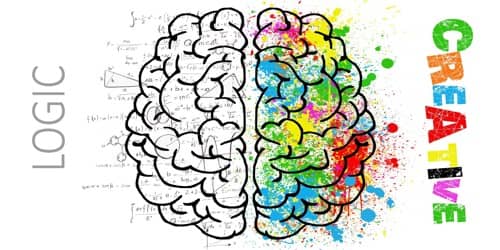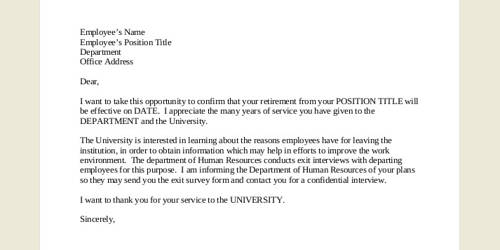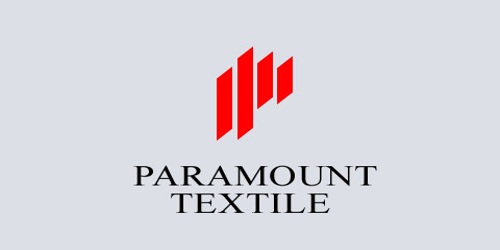The assertion is categorically false. Everyone understands the value of the past. For us, it is history. Preserving the past entails preserving historical records, buildings, customs, artifacts, food, and so on. Let me use an example to demonstrate. In comparison to today’s light, portable phones and computers, the first generation phones and computers were large, bulky, and unwieldy. We must preserve examples of these inventions to remind us of the pioneers’ efforts and to compare how far we have come.
Similarly, a walk through any city’s historic district will remind us of the old way of life there. A visit to ancient forts, castles, or the ruins of the Acropolis, Colosseum, or the Great Wall of China can help a country remember its past civilization. Many existing parts of the city in some capital cities were planned years ago. For example, in my home country of Malaysia, Kuala Lumpur has remained a central business hub since its inception. The Dataran Merdeka, the site of the country’s declaration of independence, is still used as a symbol of loyalty today.
A writer recently visited Beijing, China. He was saddened to see many ancient parts of the city being demolished to make way for modern structures. Foreigners, ironically, played a role in convincing the authorities to preserve Beijing’s old courtyard houses. A visit to these and other preserved historic sites in Beijing, such as the Forbidden City, will remind visitors of the great Chinese civilizations of the past. It is ironic that foreigners are sometimes more appreciative of a country’s past than many local residents.
The author is not saying that every aspect of the past must be preserved. Some ancient parts of a city must go if they are not that valuable historically and are instead standing in the way of much-needed development. But preservation is a must if a country is to keep its heritage and identity. Someone has said, “To know who you are, you must know where you come from.” Thus, a glimpse of ancient temples or the preserved quarters of poor immigrants in the past will remind people of their roots.
It is not only for tourists that historic sites and museums must be preserved. It is not that the Pyramids of Giza or the Tower of London are not profitable ventures, as tourism is now a major source of revenue for many countries. It is because we all stand to lose if the world’s past, whether in the form of past buildings, cultures, or artifacts used for daily living in the past, is destroyed.
I recently read an article in Malaysian newspapers about a man who saved items from the country’s past, such as household appliances and bus tickets. Some Malaysians are also working to preserve some rapidly disappearing ethnic games or foods. They feel that if these were to be gone, it would be the loss future generations.
A tourist would want to see both the old and new aspects of the places they visit. Teenagers, on the other hand, prefer clean, bright supermarkets to old, smelly wet markets. However, I would like to see some of these old markets preserved for future generations to identify. If I own the most recent mobile phone, it does not imply that I do not value first and early-hand phones.
Our lives have improved because we are constantly striving for advancement. However, preserving the past would not prevent future inventions. We have built modern inventions to improve our life quality and standard of living by building on the knowledge and experience of previous inventions such as the telephone and the automobile. We must look to the future, but the past must be preserved. We will make more progress if we learn from our mistakes in the past.
















